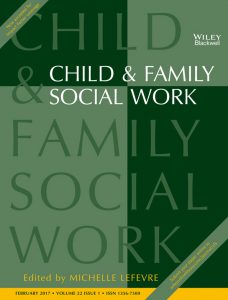‘Cloud chasers’ and ‘substitutes’: e-cigarettes, vaping subcultures and vaper identities
The social meaning of e-cigarettes and vaping involves a vaping subculture, ideas about health through harm reduction, pleasure and community, as well as addiction and stigma. Some use e-cigarettes to quit smoking; others thrive in the flavoured clouds. In addition, there is a ‘split vision’ of health and stigma in the perceptions of vaping where the vaper identities are constantly negotiated. The use of e-cigarettes has increased and moved beyond a cessation-only practice, were vaping has started to serve social,...



















1754-9469/asset/society_affiliation_image.gif?v=1&s=9197a1a6ba8c381665ecbf311eae8aca348fe8aa)
1099-0860/asset/NCB_logo.gif?v=1&s=40edfd0d901b2daf894ae7a3b2371eabd628edef)